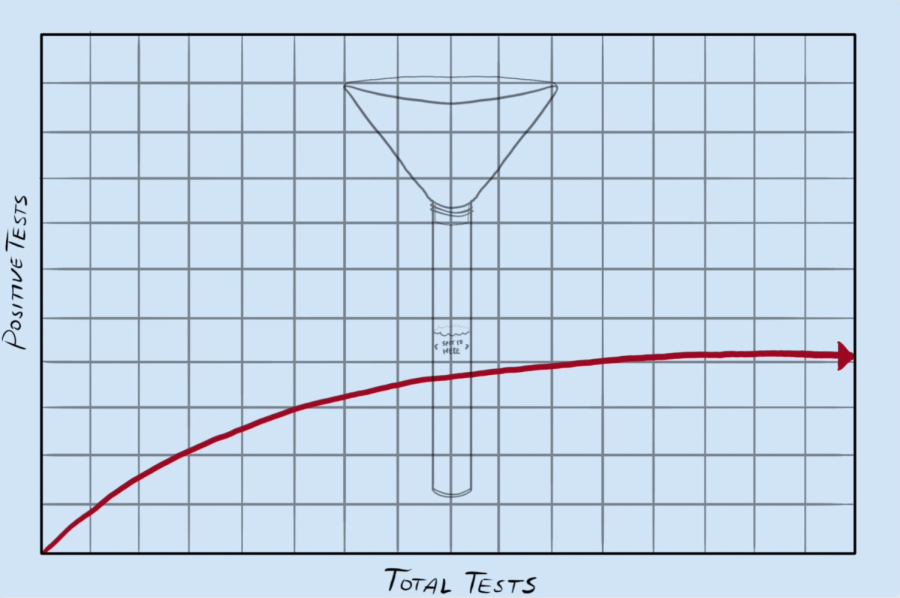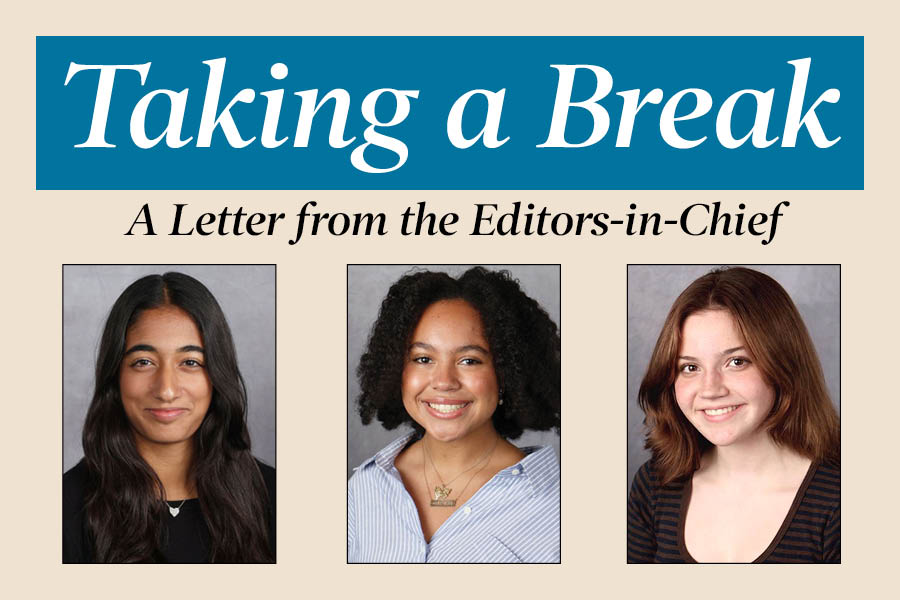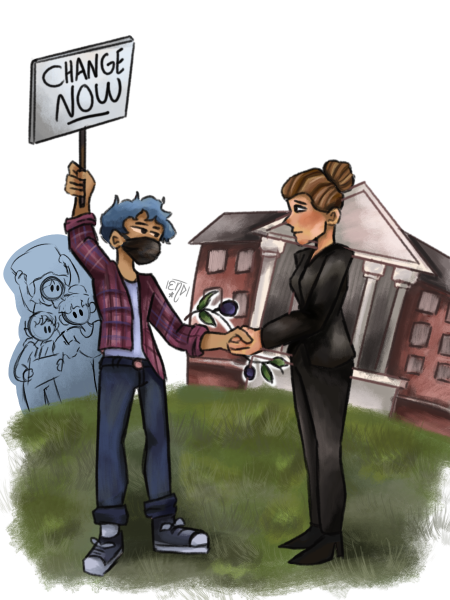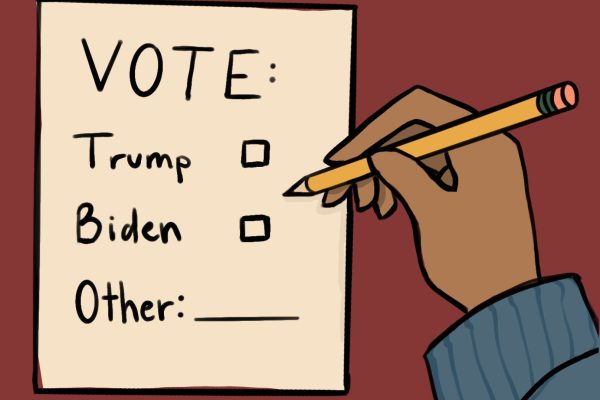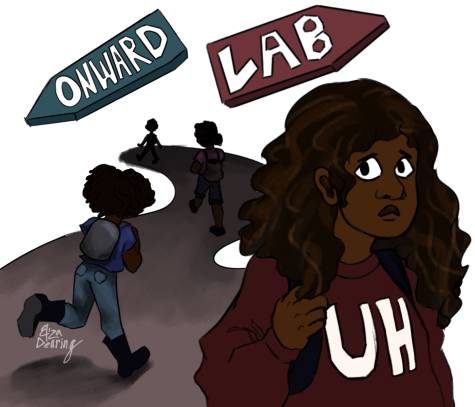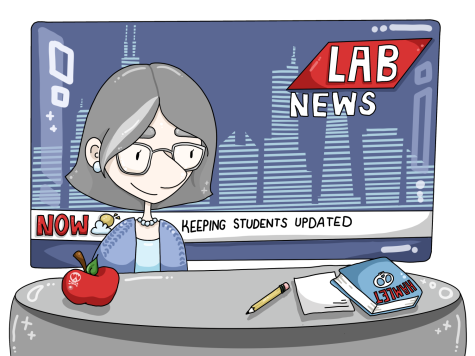Editorial: Stay vigilant to maintain low positivity rate
Students must vigilantly follow social distancing guidelines and wear tight fitting masks to reduce the spread of the highly infectious omicron variant.
January 19, 2022
As the Midway sees it…
Walking through Lab’s hallways on Jan. 10, you would never be able to tell that the country, the state and the county were experiencing an unprecedented surge in COVID-19 cases. Students walked through school with their masks under their noses, talked in the hallways with their masks down and ignored social distancing guidelines.
However, the administration’s stricter enforcement of mitigation efforts and the temporary closing of many lounge areas have led to a drop in positivity rate at U-High to about 1% (five U-High students tested positive on Friday, two others self-reported positive tests and two more were infected earlier this week). This is good news, but it’s not time to celebrate yet. To limit exposure to the virus, students must remain vigilant against the spread of omicron by continuing to wear tight-fitting masks and follow social distancing guidelines, especially while eating.
Although students expressed uncertainty about their safety returning to school, the stable positivity rate demonstrates that Lab’s mitigation efforts are working — at least for now. The science has been in for months: tight-fitting masks curb the spread of COVID-19. At the beginning of the 2021-22 academic year, numerous studies confirmed this fact with the Centers for Disease Control and Prevention claiming that mask mandates cut outbreaks in schools by 3.5 times.
Unfortunately for many of our peers, “half-masking,” or the practice of wearing masks below the nose, does not have anywhere near the dramatic benefits of a tight-fitting mask. This defeats the entire purpose of wearing masks as the nose is the area of the body that is most quickly and significantly infected by the coronavirus. As air passes through the nasal passages, it carries virus particles with it, potentially infecting others.
Additionally, new evidence shows cloth masks are much less effective than surgical or N95 masks at preventing the spread of the virus. Thus, students should avoid cloth masks entirely and opt for masks like the KN95s distributed this week (or masks with equivalent protection like N95 or KN94 masks).
All of this seems common sense by now, and most people will agree — at least in principle. Still, many students choose to ignore the benefits citing pandemic fatigue or carelessness due to their age. The former is completely understandable. We’ve all gone through a once-in-a-century pandemic that has resulted in a decline in mental health and a feeling that we’re losing the opportunity to enjoy our youth and maybe even the death of someone close to us. While recognizing everything we’ve lost, it’s also necessary to recognize the unprecedented magnitude of this surge, which has overwhelmed our healthcare system with a shortage of hospital beds, ventilators and staff. Even if students themselves aren’t directly affected, reckless behavior could indirectly result in the hospitalization or death of others in our community. At the same time, it’s not fair to students and faculty who are immunocompromised, have other comorbidities or are allergic to the vaccine.
It’s no secret that COVID-19 generally affects young people much less than older folks, with serious illness exceedingly rare among fully vaccinated and otherwise healthy teenagers. However, the long-term effects of COVID-19 on teens remain largely unknown. Known symptoms include total loss of smell and taste, difficulty in concentrating, memory problems, sleep problems, extreme fatigue, dizziness, decline in mental health, joint and muscle pain. All of these are terrifying, and anyone who contracts COVID-19, regardless of age, is vulnerable to them.
So, when you see a half-masking person in the hallway, or a group of people ignoring social distancing guidelines, tell them to stop. It’s not uncool or naggy: You’re doing the right thing by making Lab a healthier, better place for all of us.
This story reflects the opinion of the U-High Midway Editorial Board.



